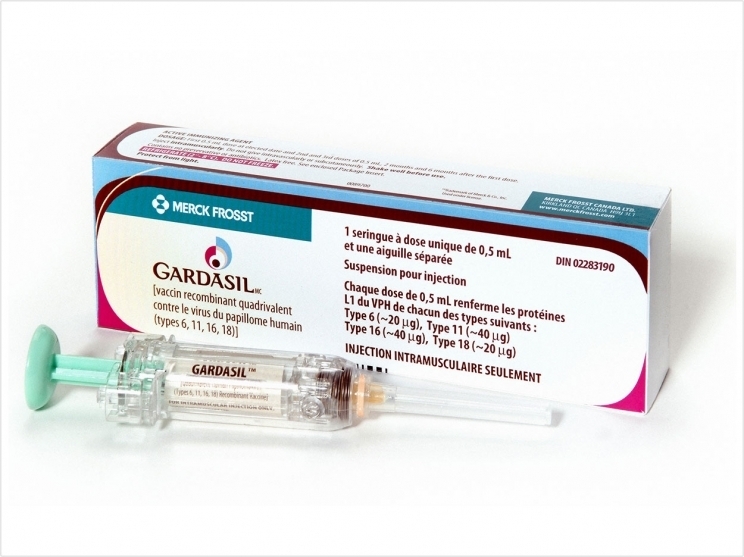
After approximately a decade of usage, the human papillomavirus (HPV) vaccine is safe and effective in protecting those adolescents who receive it from the most virulent strains of the virus, report researchers at Augusta University. HPV is the most common cause of cervical cancer and a growing cause of oral cancer.
“The vaccine was virtually 100% effective in preventing disease in these young individuals,” said Daron G. Ferris, MD, professor in the Department of Obstetrics and Gynecology at the Medical College of Georgia and the Georgia Cancer Center at Augusta University.
The researchers say that their findings support more widespread and early administration of the vaccine before preadolescents and adolescents are exposed to HPV, which is the nation’s most common sexually transmitted infection. About 79 million Americans, most in their late teens and early twenties, are infected with HPV, according to the Centers for Disease Control and Prevention (CDC).
About half of those infected now have the most virulent strains of the virus—types 6, 11, 16, and 18—which the vaccine targets. No cases of disease related to these four disease types were found in the study’s participants, who received a three-dose regimen of the vaccine when they were between the ages of 9 and 15 years and sexually inactive.
“We also needed to look at long-term efficacy, safety, and immunogenicity,” said Ferris. “We needed to answer questions like if we vaccinate earlier in life, will it last. The answer is yes. This cancer vaccine is working incredibly well 10 years later. A booster vaccine likely will not be needed by these young people. I think now we have come full circle.”
With 10 years of data, the study was the longest follow-up to date on the vaccine, the researchers report. Follow-up data on safety and efficacy has been assessed at up to six years in women age 15 to 26 years. The investigators also looked at data on the large cohort of young people two years ago.
Participants were followed at 34 sites in nine countries. About a third of the participants initially received a placebo, though the placebo group also received the vaccine 30 months into the study so those participants were followed for a shorter period of time. While all participants remained disease-free, the earlier vaccinations produced the most robust initial and long-term antibody response.
While about two thirds of infected individuals can eventually clear the virus, it persists and can cause a wide range of health problems aside from cancer in the remainder, Ferris said. The Food and Drug Administration approved the first quadrivalent vaccine, Gardisil, in June 2006. The vaccine is currently approved for patients age 9 to 26 years.
Effectiveness assessments included looking for genital warts, precancerous and cancerous growths on the cervix and genitals, as well as persistent HPV infections. The effectiveness evaluation began at 3.5 years and continued twice yearly during the 10-year period. Two-dose vaccines that cover nine HPV strains are rapidly replacing the three-dose quadrivalent vaccine, Ferris said.
“Now we need to push for more young people to get vaccinated,” Ferris said. “We are doing miserably in the United States.”
About 43% of teens in the United States are up to date on recommended doses of the HPV vaccine, according to the CDC. The vaccine can be given along with the meningococcal and tetanus, diphtheria, and pertussis vaccines to 11- and 12-year-olds.
The subjects reported sexual activity rates similar to other studies, and numbers of new sexual partners were higher among males than females. Half of all sexually transmitted diseases occur in people between the ages of 15 and 24 years, and one in four sexually active adolescent females have a sexually transmitted disease like chlamydia or HPV, the CDC says.
The study, “4-Valent Human Papillomavirus (4vHPV) Vaccine in Preadolescents and Adolescents After 10 Years,” was published by Pediatrics. It was funded by Merck & Co, a healthcare company that manufactures Gardasil.
Related Articles
More Adolescents Getting the HPV Vaccine
HPV Vaccine May Reduce Oral Infections By 88%
CDC Now Recommends Just Two HPV Vaccine Doses











